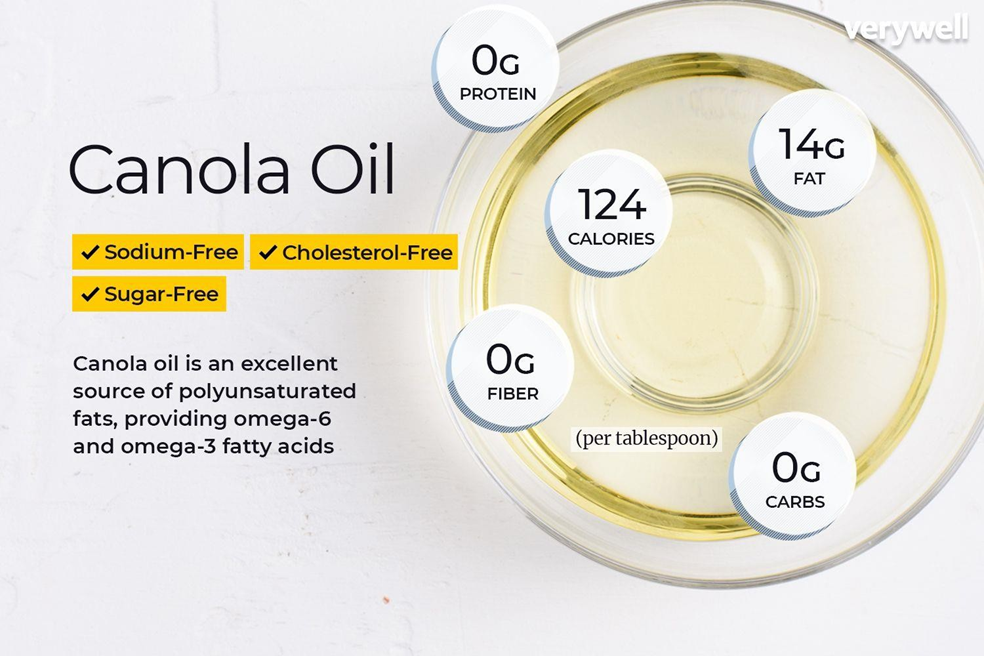A nurse is teaching about denture care to the partner of a client who is unable to perform oral hygiene. Which of the following should the nurse include in the teaching?
Wipe dentures before storing them in a dry container at night.
Wrap gloved fingers with gauze to remove dentures.
Floss dentures as part of daily cleaning.
Use a washcloth to clean the denture surfaces.
The Correct Answer is B
A. Dentures should be stored in a container with water or a denture-cleaning solution to prevent drying and warping, not in a dry container.
B. Wrapping gloved fingers with gauze provides a better grip when removing dentures, reducing the risk of dropping them and ensuring a safe and hygienic removal process.
C. Flossing is not necessary for dentures, as they do not have natural tooth structures requiring interdental cleaning. Instead, dentures should be brushed with a soft-bristled brush.
D. A soft-bristled toothbrush, not a washcloth, should be used to clean dentures to effectively remove plaque and food debris.
Nursing Test Bank
Naxlex Comprehensive Predictor Exams
Related Questions
Correct Answer is D
Explanation
A. Butter is high in saturated fat and should be limited in cooking to decrease saturated fat intake.
B. Palm oil is high in saturated fat and should be limited in cooking to decrease saturated fat intake.
C. Coconut oil is high in saturated fat and should be limited in cooking to decrease saturated fat intake.
D. Canola oil is low in saturated fat compared to other oils and fats, making it a healthier option for cooking when trying to decrease saturated fat intake.

Correct Answer is D
Explanation
Choice A Rationale: TPN should be removed from the refrigerator 30 minutes to an hour before use to allow it to reach room temperature, reducing the risk of crystallization and patient discomfort.
Choice B Rationale: The dressing around the IV site for TPN should be changed every 48 to 72 hours, not weekly, to prevent infection and ensure the integrity of the IV site.
Choice C Rationale: IV tubing for TPN solutions should be changed more frequently than every 72 hours, typically every 24 hours, to minimize the risk of bacterial contamination and infection.
Choice D Rationale: TPN solutions are at risk for bacterial growth, so any remaining solution after 24 hours should be discarded to prevent infection.
Whether you are a student looking to ace your exams or a practicing nurse seeking to enhance your expertise , our nursing education contents will empower you with the confidence and competence to make a difference in the lives of patients and become a respected leader in the healthcare field.
Visit Naxlex, invest in your future and unlock endless possibilities with our unparalleled nursing education contents today
Report Wrong Answer on the Current Question
Do you disagree with the answer? If yes, what is your expected answer? Explain.
Kindly be descriptive with the issue you are facing.
